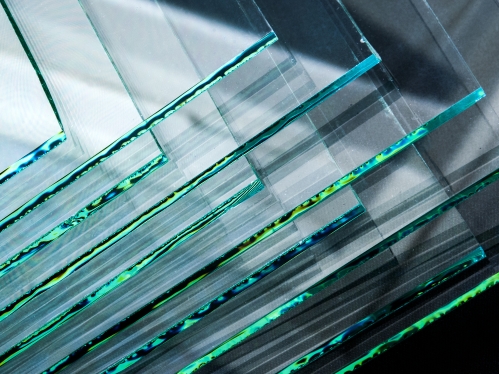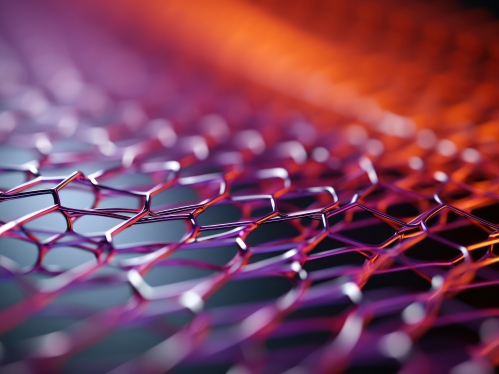
Materials Science and Engineering Research
Research Areas of Focus
The Department of Materials Science & Engineering pursues research in all classes of materials, notably glass and ceramics, sustainable materials, energy materials, functional materials and biomaterials.
Funding for faculty research is provided by federal and state agencies, foundations, as well as regional, national and multinational industries. These include the National Science Foundation (NSF), Office of Naval Research (ONR), Defense Advanced Research Projects Agency (DARPA), Department of Energy (DOE), North American Treaty Organization (NATO), and Army Research Laboratory (ARL).
Glass, Ceramics, and Hard Materials
A traditional strength of the MSE department is glasses, oxide and non-oxide ceramics, powder processing and ceramic composites. There is a focus on materials for extreme environments, such as ceramic armor and hypersonic materials.
Faculty
E. Koray Akdogan, Stephen Garofalini, Ashutosh Goel, Richard Haber, Lisa Klein, Richard Lehman, Adrian Mann, Richard Riman, Ahmad Safari, Ryan Sills

Sustainable Materials
Sustainable materials include developing environmentally friendly processing methods to recycle polymers and concrete into construction materials. New cement chemistries are studied that reduce carbon dioxide emissions.
Faculty

Batteries, Energy Storage, and Solar Energy Devices
Energy storage is a critical area of research for electric vehicles, grid modernization, smartphones and sensors. Photovoltaics (PV) and solar thermal systems are being optimized for a wide range of application including agrivoltaics, where PV and agriculture are synergistically co-located. Research in these areas are closely related to sustainability as they directly support the drive towards a carbon-free society.
Faculty

Materials for Photonics and Electronics
Materials for photonics and elecronics includes organic and inorganic semiconductors, fluorescent and phosphorescent materials and ferroelectric and piezoelectric sensors and actuators. Nanostructured assemblies are studied for plasmonic behavior, along with materials for organic light emitting diodes (OLED).
Faculty
E. Koray Akdogan, Glenn Amatucci, Dunbar Birnie, Deirdre O'Carroll, Ahmad Safari

Multi-scale Theory, Modeling, and Characterization
Modeling techniques are used at a variety of length and time scales spanning from atomistic to continuum. Focus areas of modeling and theory are the performance of surfaces, mechanical behavior of metals, and amorphous materials.
Faculty

Biomaterials
Properties of glass and the biocompatibility of various materials are studied for both implant and therapeutic applications. Materials for new diagnostic methods are developed.
Faculty



